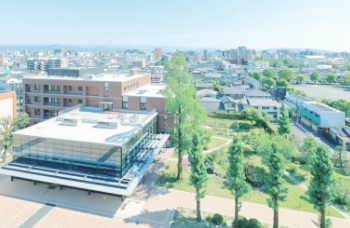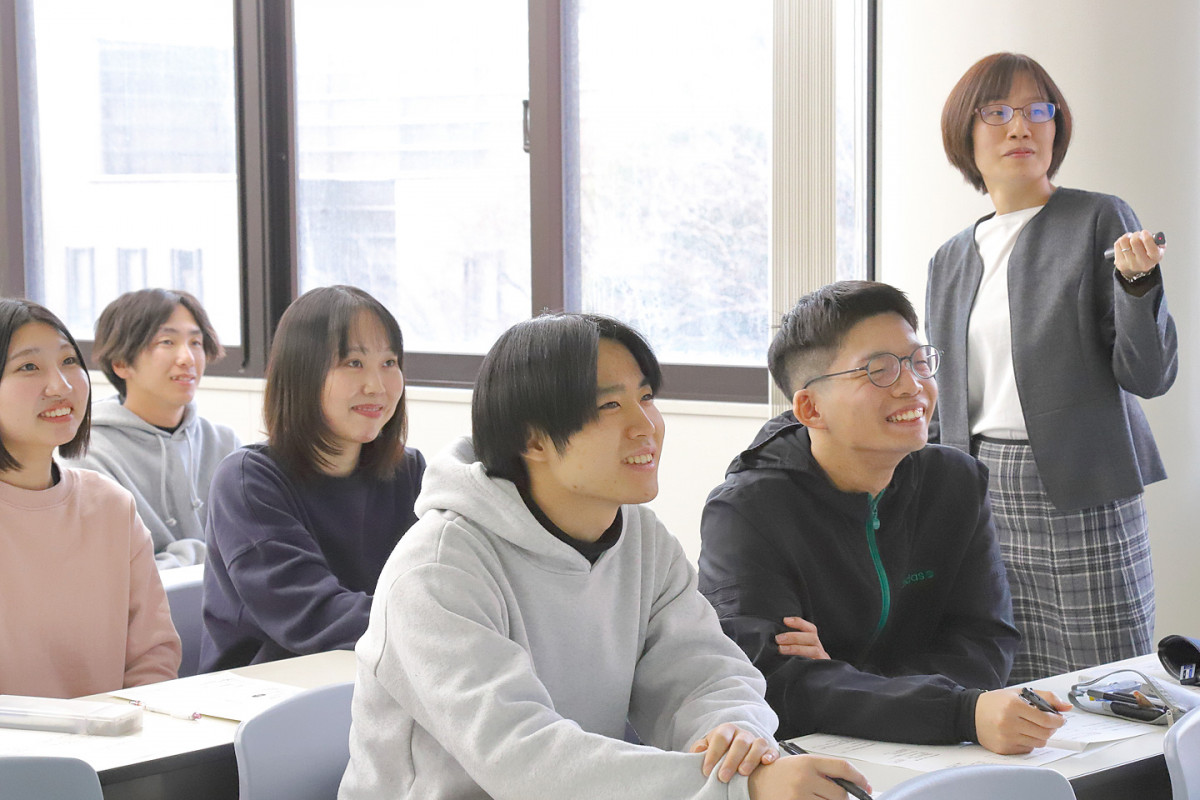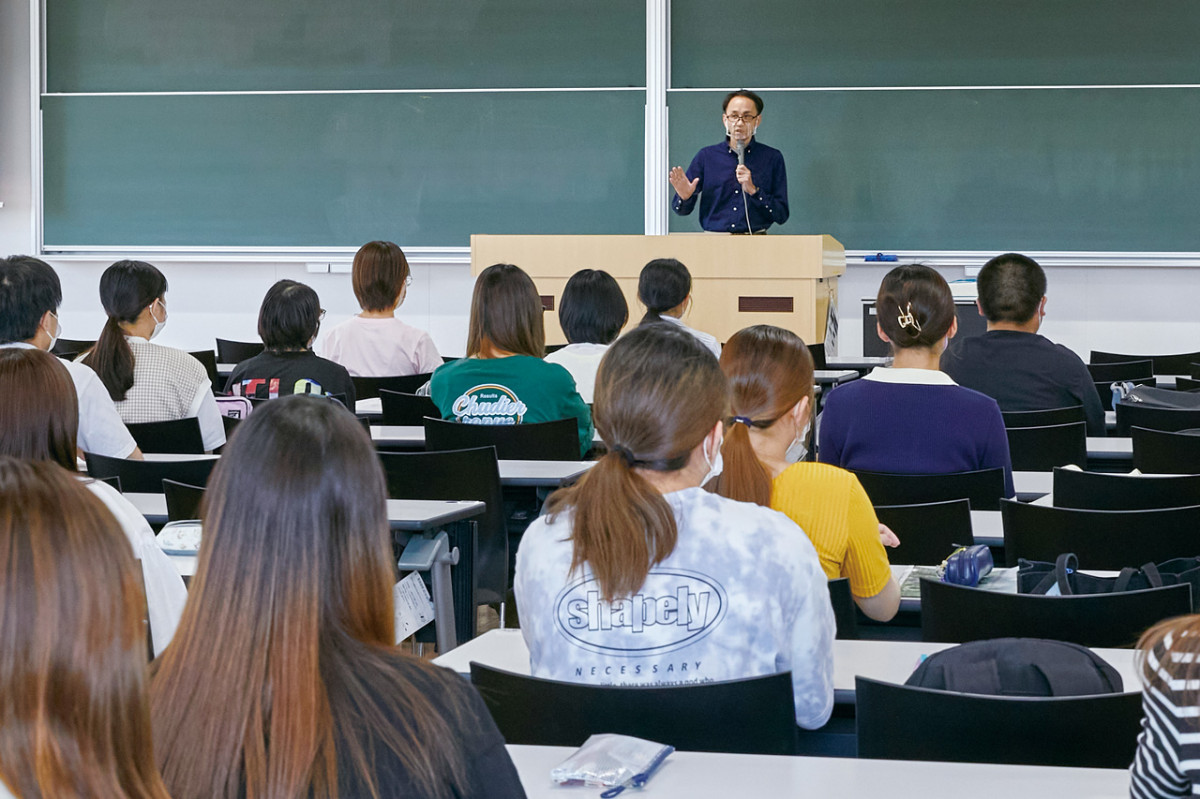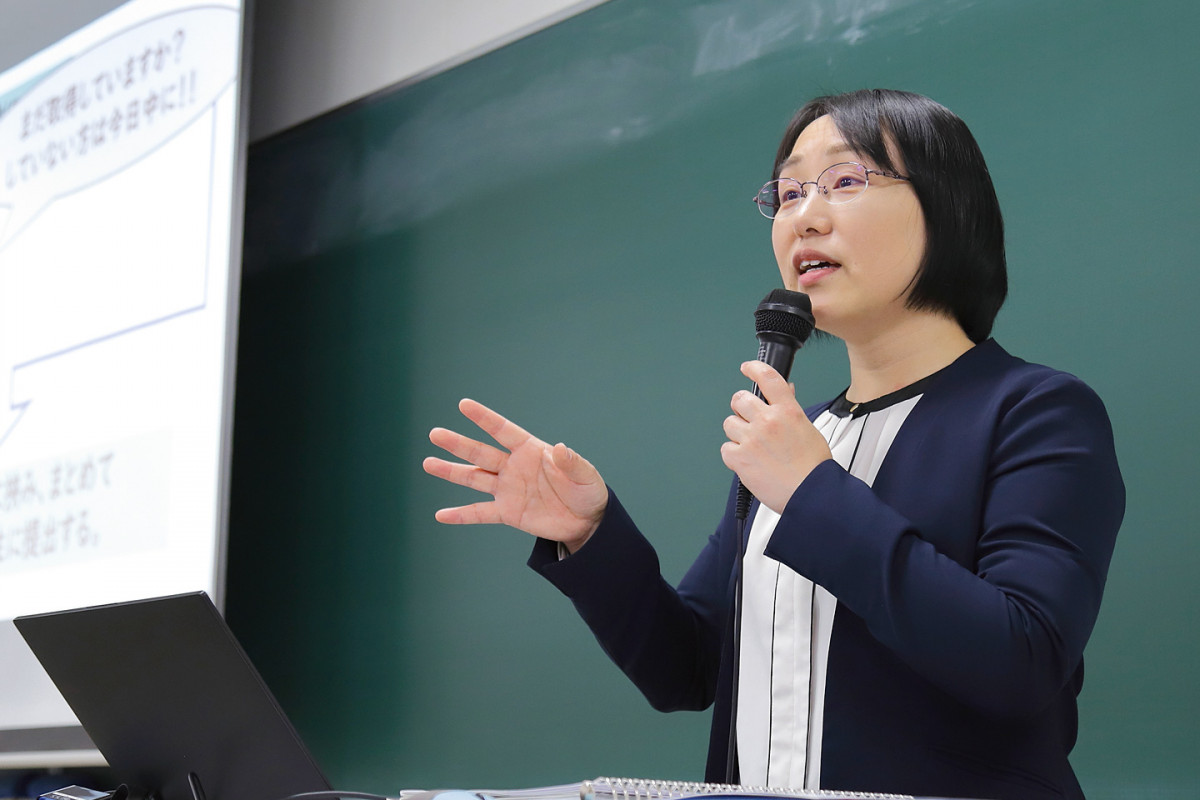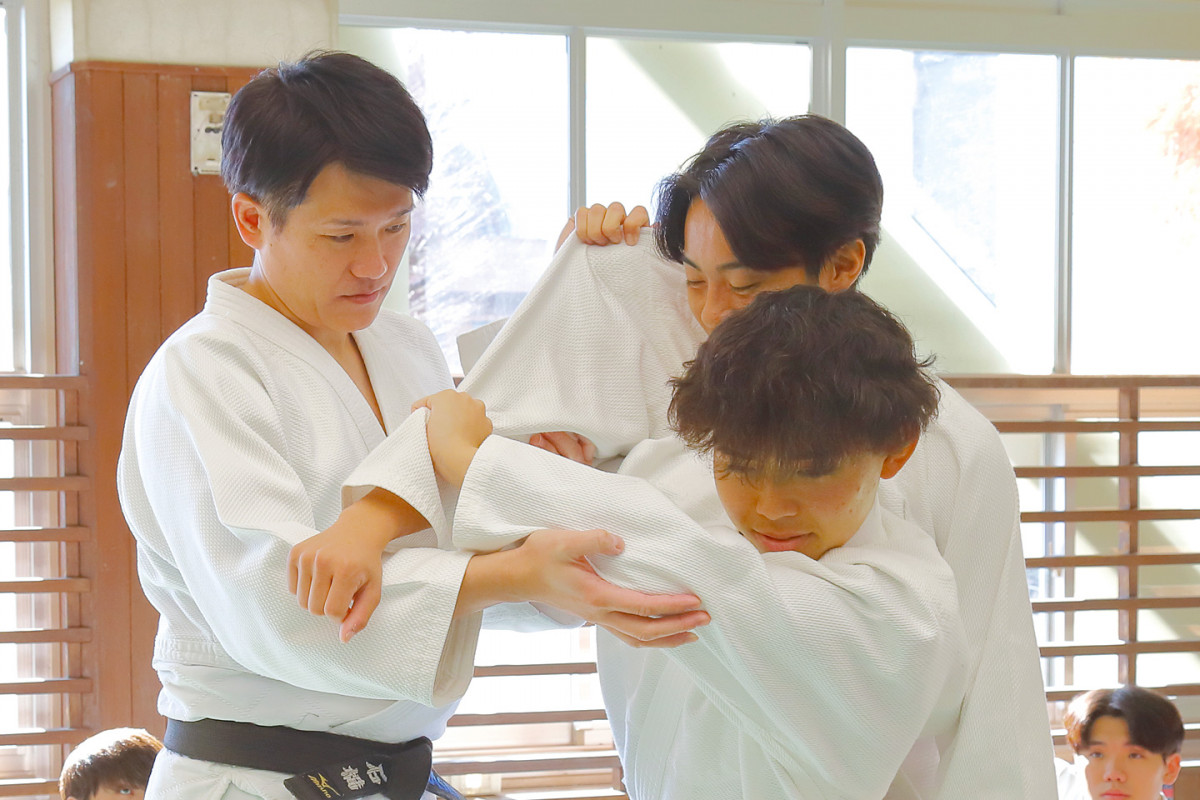ACADEMICS
Faculty of Social Welfare

Times are changing and so is our welfare system. Gain the knowledge to play an active role in Japan’s welfare system as it adapts to meet future demands.
Diploma Policy
Curriculum Policy
Admission Policy
Department of Social Welfare
The Department of Social Welfare offers a comprehensive program that addresses both the physical and mental needs of human beings. Students learn how to recognize the problems of our current society and to develop ways to realize satisfying lives for individuals. This program focuses on finding fulfillment in our everyday lives.
Department of Social Environment and Welfare
Welfare refers to the quest for happiness by individuals. The environment in which welfare can be realized is the subject of study in the Department of Social Environment and Welfare. All students gain hands-on experience through fieldwork.
(Department of Social Environment and Welfare ended student recruitment in 2023.)
Department of Child and Family Welfare
It is becoming increasingly difficult to raise children in these challenging times. Students in the Department of Child and Family Welfare learn about ways to secure the well-being of both children and families.
Department of Life Wellness
Wellness refers not only to physical and mental health; it is a multifaceted conception that includes all aspects of life, including the meaning of life. The Department of Life Wellness encourages students to develop ways to achieve a fulfilled and healthy life through physical activity.
Number of Students and Faculty Members
| Department | Students (New Students) | Faculty |
|---|---|---|
| Social Welfare | 410 (129) | 10 |
| Social Environment and Welfare | 138 (0) | 8 |
| Child and Family Welfare | 274 (74) | 10 |
| Life Wellness | 424 (120) | 11 |
| Total | 1,246 (323) | 39 |
(as of May 1, 2025)


